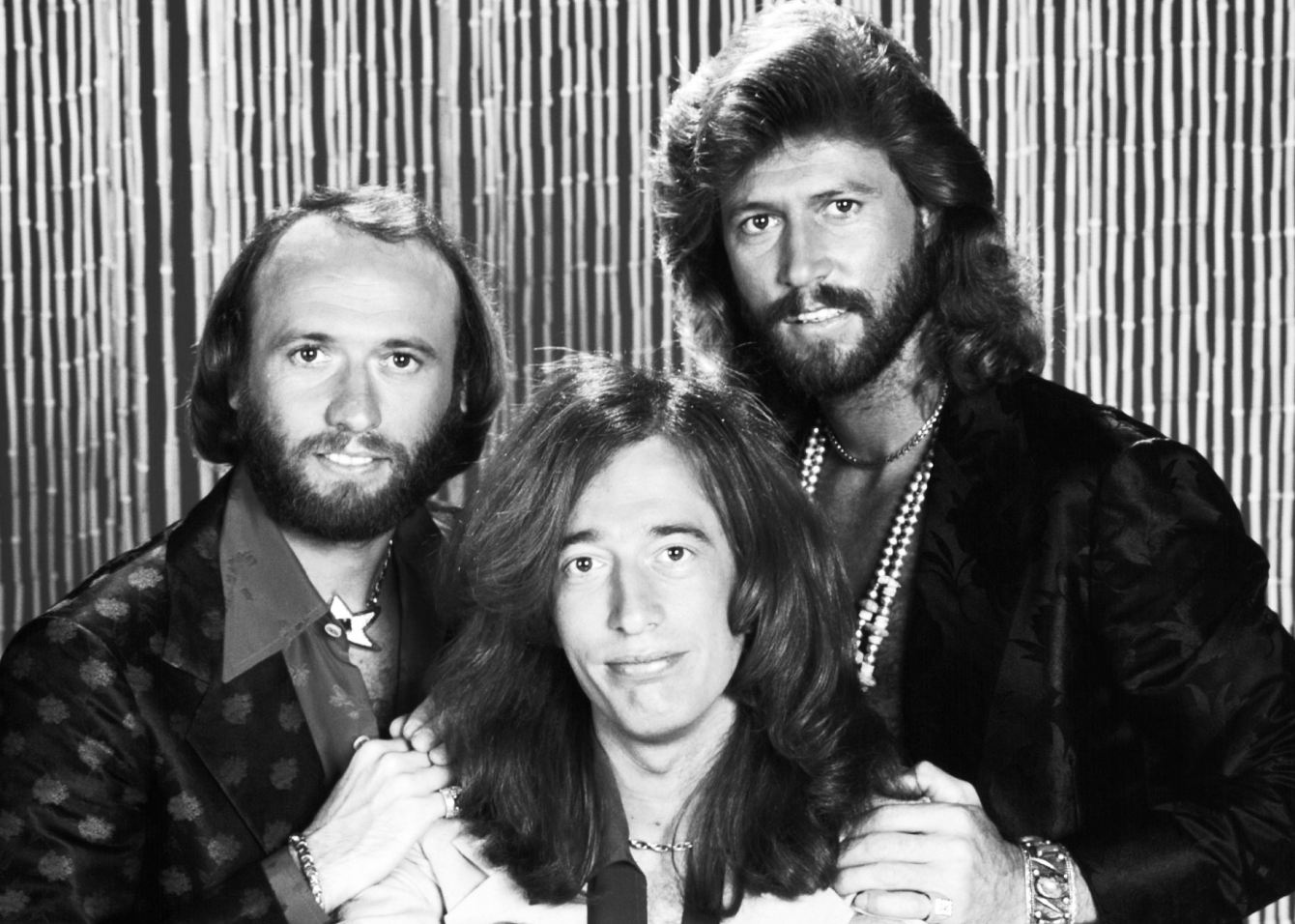It’s easy to feel anxious if you spend even a few minutes watching the nonstop media coverage of the coronavirus pandemic. And when it comes to reviewing some of the real-world communication activities and messages in recent days, it’s been a mixed bag.
In a public health crisis like the one we’re in, however, one time-honored PR lesson is becoming truer by the hour: if you don’t know the answer, don’t wing it, and don’t lie.
Seems self-evident, but it’s a truth that’s routinely ignored by far too many leaders. Ignore that lesson, and the consequences can literally be life and death.
Alberta’s public health officials have received some well-earned praise for their calm, reasoned and fact-based updates since the crisis escalated last week. Dr. Deena Hinshaw, Alberta’s chief public health officer, has drawn accolades from provincial media.
That’s because she sticks to what she knows, and she delivers her updates with authority and an understanding of how important it is to communicate factual information and clear messages.
Contrast that with our U.S. neighbours, who are unfortunately struggling mightily to not only marshal the necessary resources to deal with the pandemic, but are showing what happens when a lack of policy coordination and poor communications collide in a real-time public health crisis.
Donald Trump’s prime-time Oval Office speech the other night was an epic disaster and historians will analyze this moment with far more perspective than we have right now. But everything he wanted it to accomplish – to reassure Americans, and the world, that the U.S. is managing the outbreak, and to calm financial markets and instill investor confidence – did precisely the opposite.
Markets are tanking, confidence has fled, and there’s a heightened sense of anxiety across the board.
Importantly, Trump projected uncertainty and made matters worse delivering several factual errors during his address, which the White House had to scramble to correct. All of this caused confusion, uncertainty and only fed the anxiety Americans are feeling. It also served to continue the erosion of whatever levels of trust are left in U.S. institutions.
There may not be another example more useful and timely than this one: if you don’t know the answers, keep your mouth shut. Don’t make stuff up. Don’t guess.
As a PR practitioner, it’s one of the hardest rules to enforce with our clients. When confronted with the unknown, or one’s fear of looking ill-informed or badly briefed in front of the media, human nature pushes people to fill in the knowledge gap with anything to avoid embarrassment.
But sometimes a well-placed “I’m not sure about that,” or a “Let me look into that for you” are not only credibility savers, they can be life savers.
In summary:
- Plan and practice! Like an athlete or a student preparing for a final exam, an interview or news conference takes confidence, a command of the facts, message discipline, and knowledge of the issue.
- Always stick to the facts, and your key messages. And it’s OK, at least to a point, to repeat your messages (in fact, repetition, while sometimes annoying for reporters, can be your best friend when trying to drive home a point).
- When in doubt, avoid the tendency make things up or guess. Above all, don’t wing it, and be honest when you don’t know the answers – and then pledge to find an answer if appropriate.
- Finally, practice some bridging statements to help you move a conversation away from gray or unknown areas, and back to your narrative.


